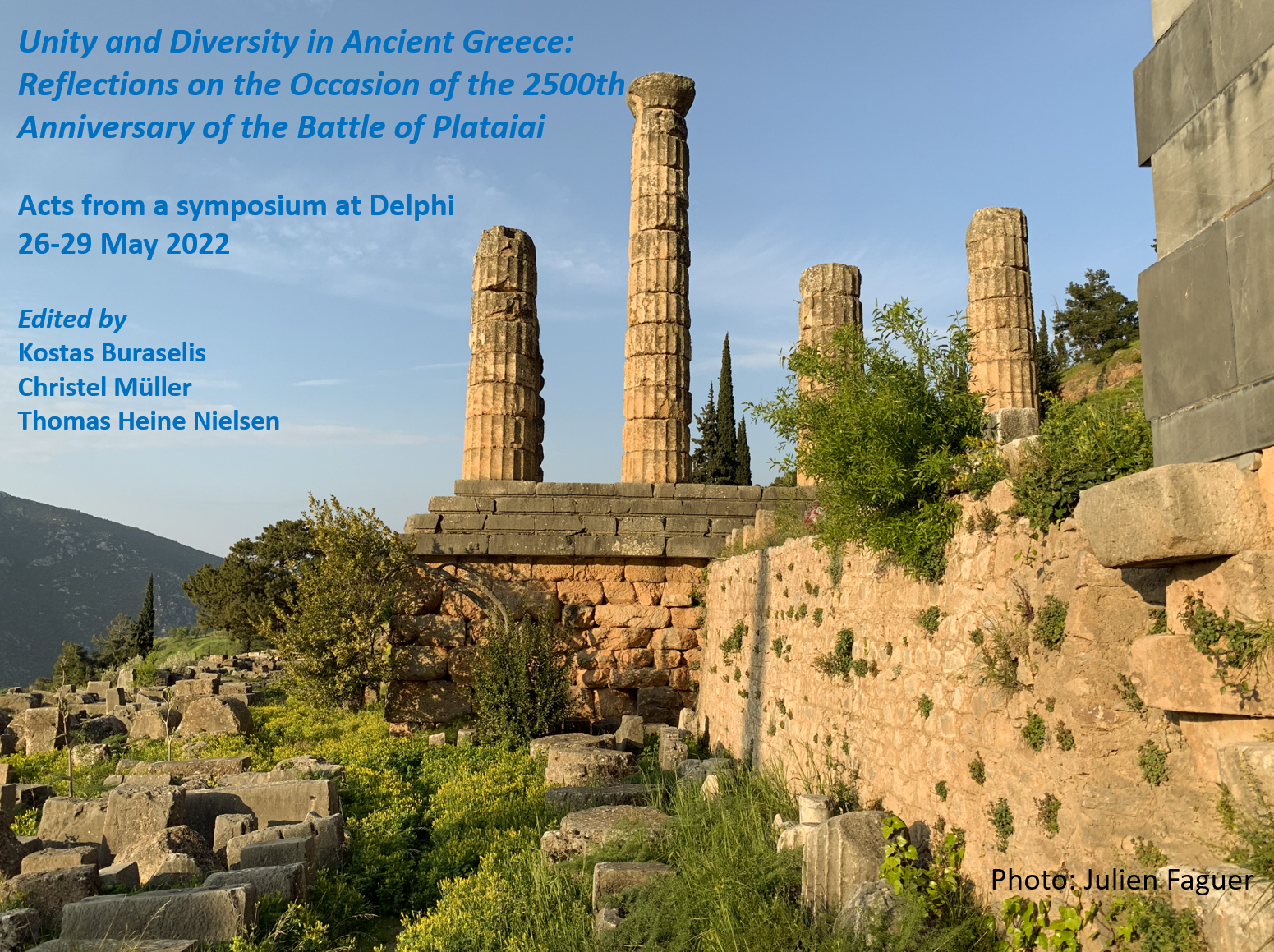Plataean Remembrances
The Monuments of the Battle from the Imperial Period [and] Backwards
DOI:
https://doi.org/10.7146/classicaetmediaevalia.vi1.145227Abstract
This article focuses, in a regressive approach going back in time from the Imperial to the Classical period, on the physical markers which became places of commemoration on the territory of Plataea after 479, and their significance in terms of the memory of the battle and the persistence (or otherwise) of a Panhellenic landscape. These markers fall into three categories: trophies, the altar of Zeus Eleutherios, and the graves of fallen soldiers. Trophies, initially ephemeral monuments celebrating a victory, were monumentalised before 380 BC to become concrete manifestations of Panhellenic values. The punctual sacrifice to Zeus Eleutherios on the agora was perpetuated by the construction of a marble altar and was enriched by the addition of a goddess, Homonoia, at least in the Hellenistic period, but perhaps as early as the end of the 5th century BC. Finally, the tombs of dead soldiers were the object of sacrifices that seemed to change in nature between the Classical and Imperial periods, with the enagismos ritual so well described by Plutarch. Two ceremonies are also discussed, the Eleutheria and the dialogos, which further encapsulate the memorial importance of the battle, perhaps as early as the end of the 4th century BC for the contest and the end of the 2nd century BC for the dialogos.
Downloads
Published
How to Cite
Issue
Section
License

This work is licensed under a Creative Commons Attribution 3.0 Unported License.
Authors who publish with this journal agree to the following terms:
- Authors retain copyright and grant the journal right of first publication with the work simultaneously licensed under a Creative Commons Attribution License that allows others to share the work with an acknowledgement of the work's authorship and initial publication in this journal.
- Authors are able to enter into separate, additional contractual arrangements for the non-exclusive distribution of the journal's published version of the work (e.g., post it to an institutional repository or publish it in a book), with an acknowledgement of its initial publication in this journal.
- Authors are permitted and encouraged to post their work online (e.g., in institutional repositories or on their website) prior to and during the submission process, as it can lead to productive exchanges, as well as earlier and greater citation of published work (see The Effect of Open Access).





